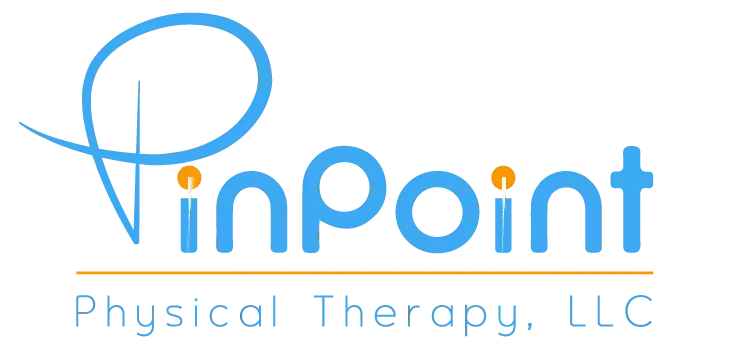You’re a new mom and spend most of your time caring for the latest addition to your family. While you made many preparations for your new baby’s arrival, you may not have planned on the lingering pain in your lower back and pelvic region. Your pelvic floor muscles could be the source of this discomfort. Fortunately, there is specific pelvic floor therapy that will help. This article will discuss that therapy and when to seek it out.
Tips from a Pelvic Floor Therapist: New Moms
Common Problems with Pelvic Floor Muscles After Giving Birth
Besides initial discomfort, which decreases over time, there are many common issues that a new mother may experience. During the birth process, the pelvic floor muscles are stretched and sometimes torn.. One common issue is urinary incontinence, with greater urgency or frequency. In addition, there could be scar tissue pain, pain during sexual activity, and lingering pelvic, hip, or lower back pain. Besides the pelvic floor issues, new mothers may also experience shoulder, arm, mid back, even neck pain from cradling their new baby.
How Soon Can a New Mother Exercise After Giving Birth?
It can be difficult for a new mom to even think about doing exercise when she doesn’t feel like herself. But when up to it, begin with a walk around the block. Most women can return to some type of exercise regimen after a few weeks. If a C-section was used for delivery, one must speak to a healthcare provider before starting an exercise regime. If there is still lingering pain at the ten-day point, book an appointment with a doctor to diagnose the problem. The doctor may then recommend a pelvic floor therapist.
How Can a Physical Therapist Assist with Chronic Birthing Issues?
A pelvic floor therapist can assist with chronic or lingering pelvic pain issues. First, the therapist will diagnose the pain’s origin – tissues, muscles, nerves, or joints. Then, they will recommend a treatment plan to help regain pain-free mobility. This treatment plan may include relaxation or strengthening exercises and manual techniques along with instructions on when, how to, and frequency of the movements. The muscles of the pelvic floor often need to be retrained on how to contract properly as well as timing with the diaphragm and breathing.
It can be highly stressful for a woman to be a first-time mom. Still, once on the road to recovery, with assistance from a professional pelvic floor physical therapist, you’ll be able to have a happy and healthy life with your family.
Pin Point Physical Therapy
Are you a new mom experiencing physical discomfort? Pin Point Physical Therapy can help. A physical therapy regime focusing on the pelvic floor muscles can alleviate pain so you can enjoy your new baby without discomfort. Contact us today at 704-612-6797 and schedule an appointment.



